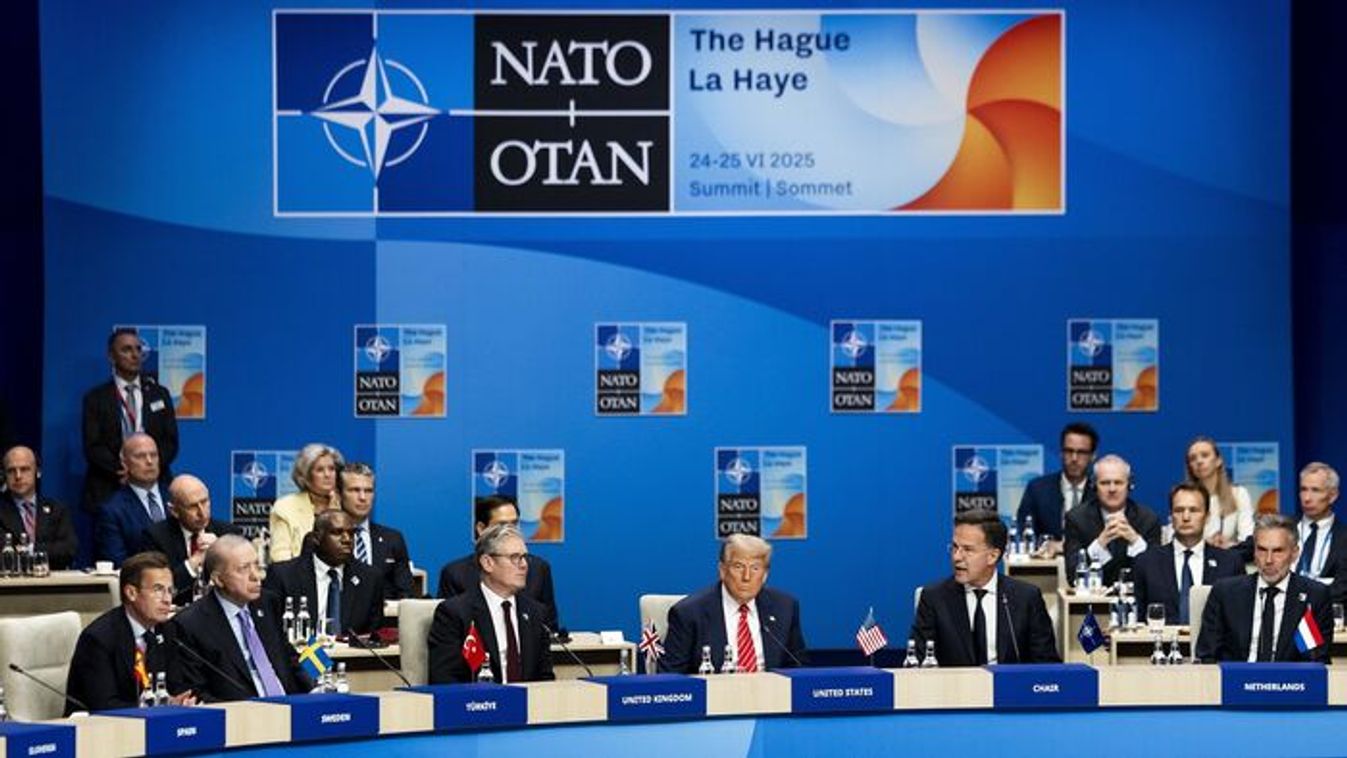Aggasztó jóslat érkezett: Oroszország a NATO elleni támadásra készülhet

Mark Rutte a The New York Times-nak adott interjúban egyértelművé tette: sem az Európai Unióban, sem a NATO-n belül nem vezetik be egységesen a kötelező sorkatonai szolgálatot.

No matter how furious they get, the two countries need each other, and never more than now.
„Is Pakistan America's ally in the battle against terrorist groups, or a potential antagonist? That delicate question was in the air Thursday during a meeting with a senior official of the country's fearsome spy service, the Inter-Services Intelligence directorate. This has been a week when frustration on both sides boiled over. A new book by Bob Woodward, Obama's Wars, quoted President Obama warning of a cancer of terrorism in Pakistan. U.S. drone attacks over the tribal areas were reported to be at a record level. And U.S. helicopters, which have been firing across the border in hot pursuit of insurgents, hit three Pakistani soldiers by mistake early Thursday. The Pakistanis responded by halting NATO supply trucks at the Khyber Pass.
Pakistan is not a walkover country, warned the senior ISI official. If the United States continues its cross-border attacks, he said, I will stand in the way of the convoys myself. When one is thinking about Pakistan, it's usually wise to look beyond public pronouncements. The friendship is always more guarded than it might appear in the good times, and rarely as bitter as the rhetorical volleys would suggest. There's a core of mutual self-interest that normally guides the relationship.
But, that said, the alliance is badly strained. The tension comes at a time when the Pakistani government faces a barrage of internal problems - a devastating flood, a collapsing economy, a terrorist insurgency and a political leadership preoccupied with factional squabbling and score-settling. This is a moment, in short, when cool heads would be useful in Washington and Islamabad. Too many more tugs on the Pakistani fabric and it's going to rip - with consequences that are hard to predict.”